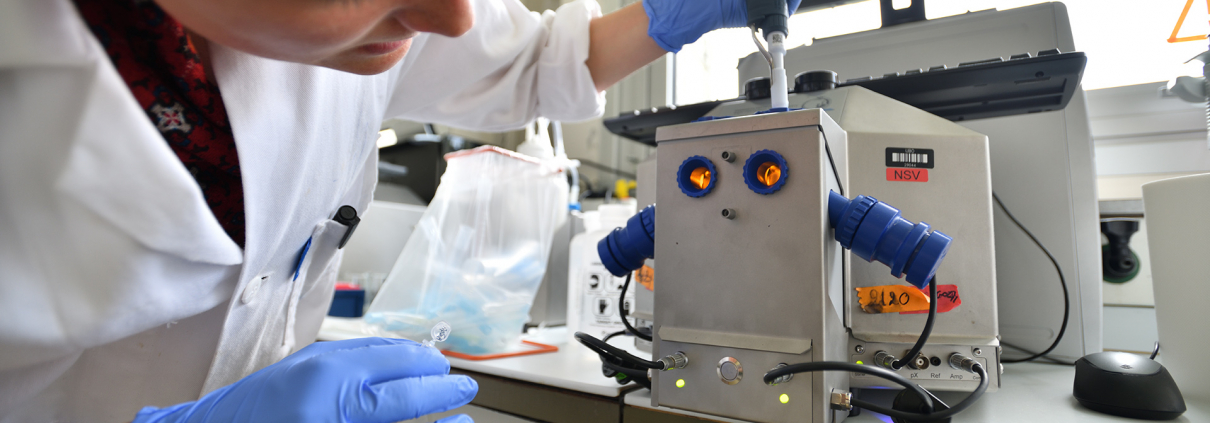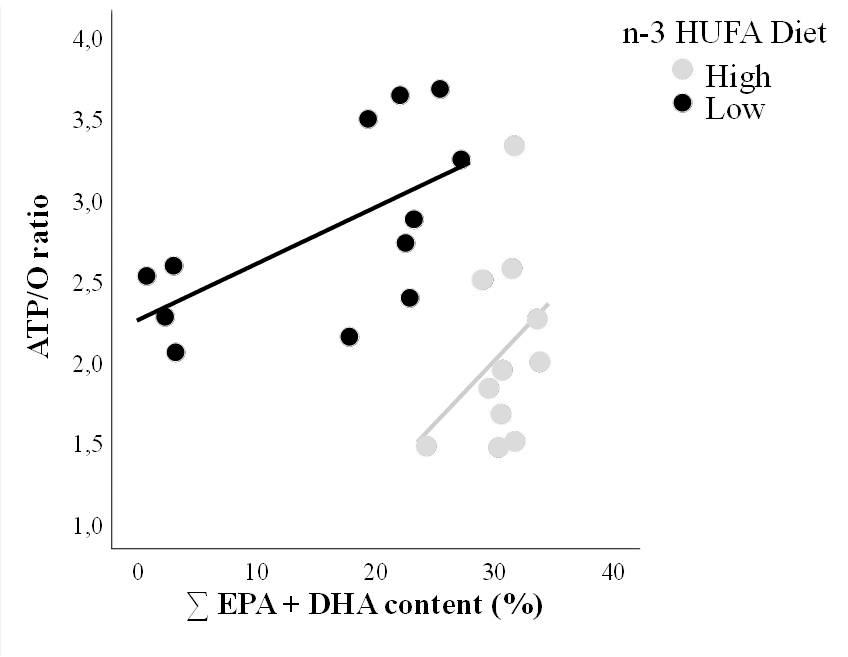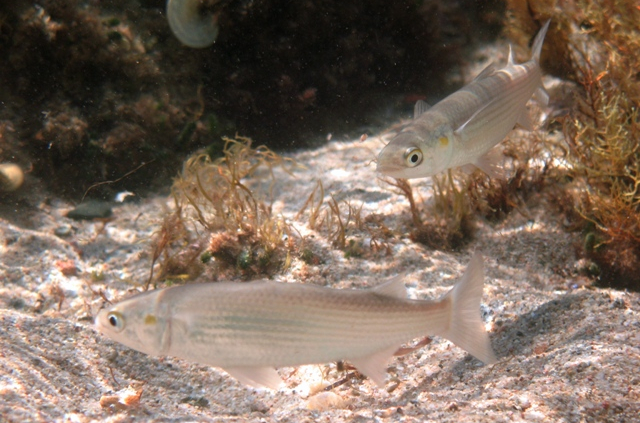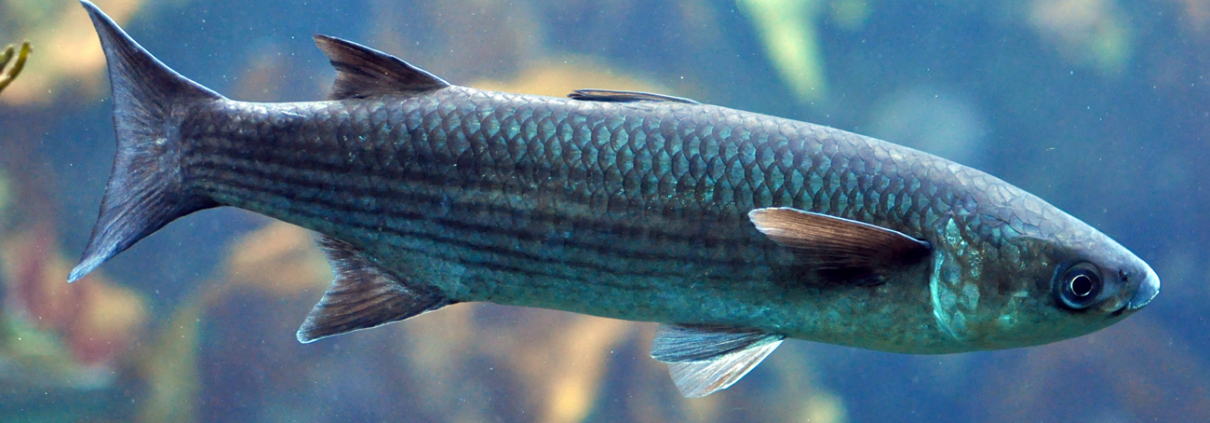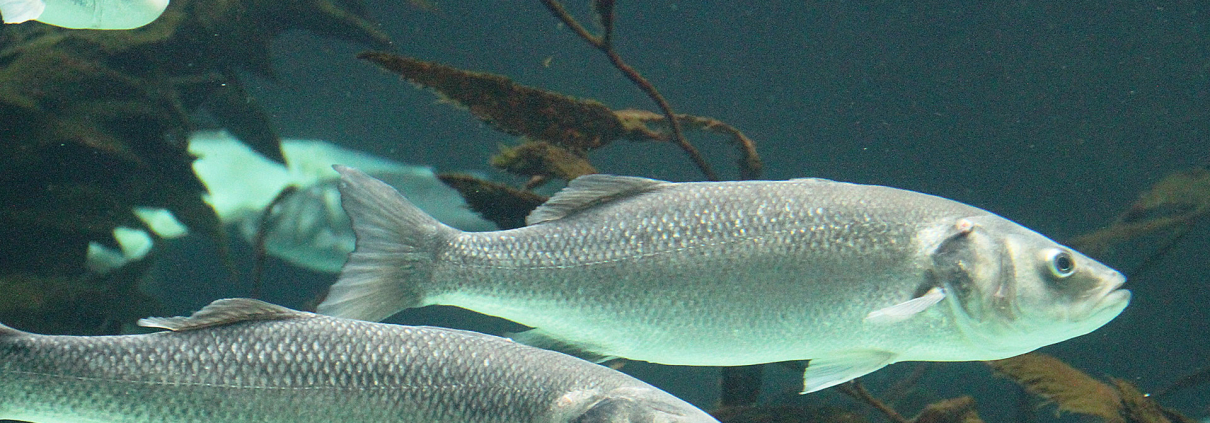Post-mortem storage conditions and cooking methods affect long-chain omega-3 fatty acid content in Atlantic mackerel (Scomber scombrus)
Omega-3 fatty acids are essential for human health and are found especially in marine fish. They degrade easily over time and at high temperatures, but to what extent? This is what we tested on mackerel. The loss of omega-3 was not particularly high in the first few hours after the fishes were caught, but it was still best to store them as cold as possible. For cooking, it is better to grill the mackerel fillet with its skin than to steam it. Bon appétit !
Abstract
Long-chain omega-3 fatty acids such as eicosapentaenoic (EPA) and docosahexaenoic acids (DHA) are health beneficial lipids found in high concentration in pelagic fishes, including Atlantic mackerel. While EPA and DHA are sensitive to oxidation during fish storage and processing, post-mortem degradation in the first hours following fish death is poorly documented. Here, we stored fish at two temperatures (2–4 °C and 18–20 °C) and monitored EPA + DHA content in dorsal fillet 6, 12 and 24 h after fish death and after cooking (grill or steam). Storage duration was the only influencing factor, and EPA + DHA loss was faster at 18–20 °C. Six hours after fish death, EPA + DHA content decreased by 1.3 ± 1.3 mg.g−1 dw (9.6 ± 9.5% of the initial content) but it was highly variable among individuals. Handling between fishing and storage should be as short and as cool as possible to preserve EPA + DHA and food safety. Regarding cooking, EPA + DHA and mono-unsaturated fatty acids increased in grilled fillets.
Graphical abstract
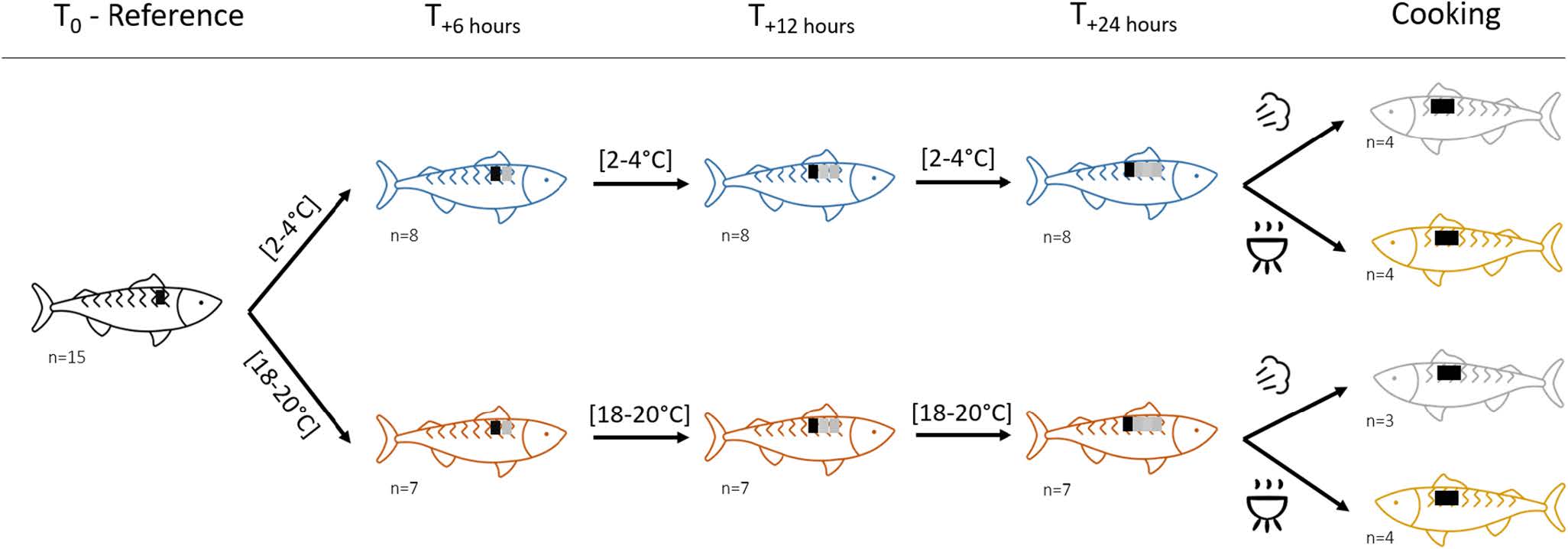
Fig.1: Outline of the sampling design testing for the influence of storage temperature (2–4 ◦C and 18–20 ◦C), storage duration (from T6 to T24 hours), and cooking method (grill and steam) on the fatty acid content of the Atlantic mackerel Scomber scombrus. Dark squares indicate the muscle sampling position at each step, and the grey ones the previously sampled positions. For cooking, we sampled the left side of the fish.
Highlights
- Storage duration (< 24h) had a higher impact than storage temperature on EPA + DHA content in mackerel dorsal fillet.
- EPA + DHA and mono-unsaturated fatty acids content increased in grilled fillets.
- EPA + DHA losses in mackerel dorsal fillet were highly variable among individuals.
Reference
Fany Sardenne, Eleonora Puccinelli, Marie Vagner, Laure Pecquerie, Antoine Bideau, et al.. Post-mortem storage conditions and cooking methods affect long-chain omega-3 fatty acid content in Atlantic mackerel (Scomber scombrus). Food Chemistry, Elsevier, 2021, 359, pp.129828. ⟨10.1016/j.foodchem.2021.129828⟩.
The article is also available in open access on HAL : https://hal.archives-ouvertes.fr/hal-03215360


